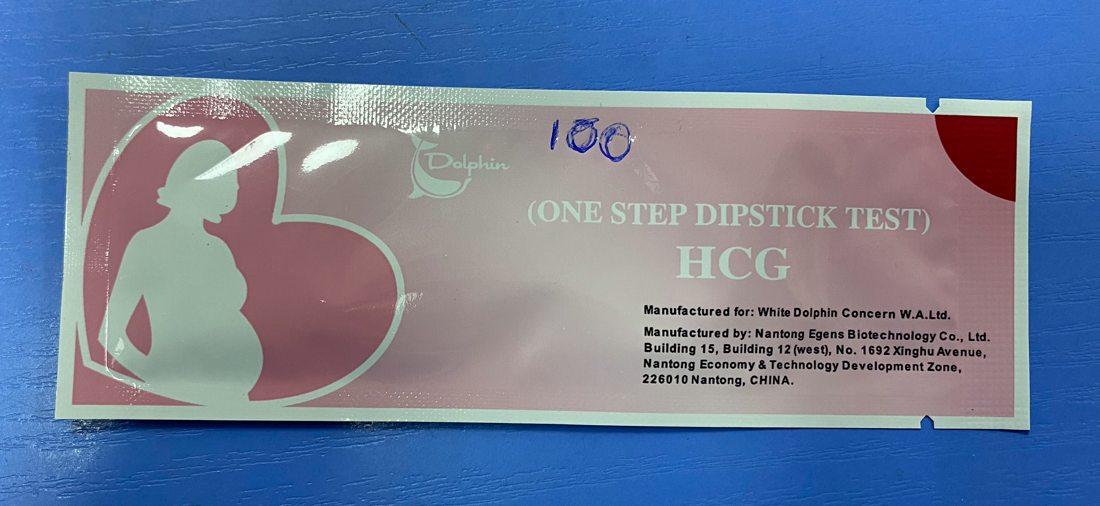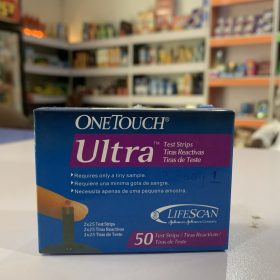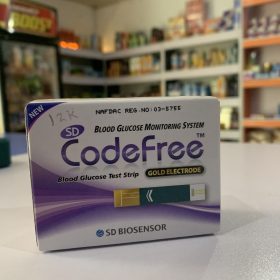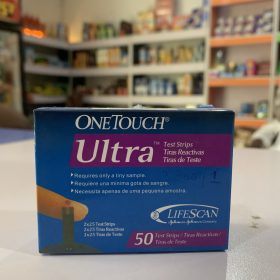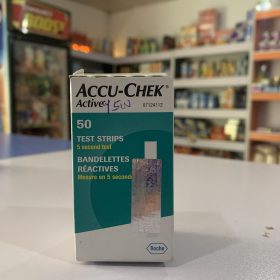- Your cart is empty
- Continue Shopping

Product
one-step dipstick test
₦0
A one-step dipstick test refers to a diagnostic test that typically involves immersing a small strip or dipstick into a sample of bodily fluid (such as urine) to detect the presence of specific substances or markers. These tests are designed to be simple and quick, often providing results within minutes. Here are some key points about one-step dipstick tests:
- Diagnostic Tool: One-step dipstick tests are used for a variety of diagnostic purposes. They can be employed to check for markers related to medical conditions, diseases, or the presence of certain substances in the body.
- Rapid Results: These tests are known for their speed and ease of use. Once the dipstick is exposed to the sample (e.g., urine), it may change color or provide other visual cues to indicate the test results within a short timeframe.
- Common Applications: One-step dipstick tests are commonly used for various purposes, including pregnancy tests, drug tests, urinalysis (to check for conditions like diabetes or kidney disease), and detection of specific biomarkers related to infections or diseases.
- Home and Clinical Use: Some dipstick tests are available for home use, allowing individuals to monitor certain health parameters or conditions on their own. Others are used in clinical settings by healthcare professionals.
- Specificity: The design of the dipstick and the specific markers it is designed to detect can vary widely. Some dipsticks are highly specific for particular substances or conditions, while others may offer a more general screening.
- Consultation: It’s important to note that while one-step dipstick tests can provide useful initial information, they are not a substitute for a healthcare provider’s evaluation. Any abnormal results should be discussed with a healthcare professional for a proper diagnosis and further evaluation.
One-step dipstick tests are valuable tools for quick and convenient preliminary assessments of various health parameters. However, for a comprehensive understanding of your health, it’s essential to consult with a healthcare provider who can interpret the results in the context of your medical history and other relevant information.

